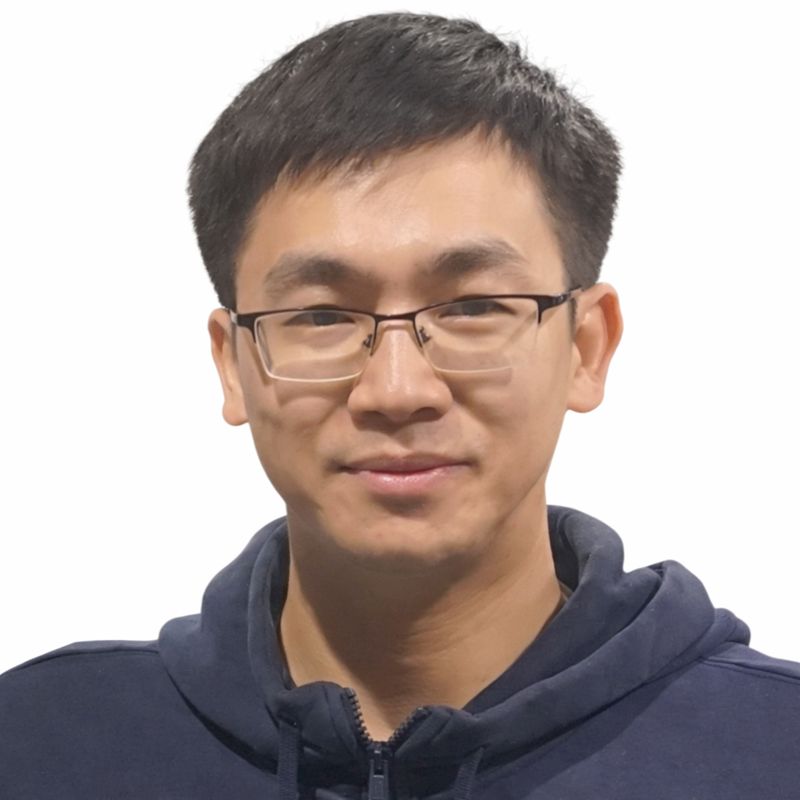
Chuxu Zhang / 张初旭
Associate Professor of Computer Science
Director, MINDS Lab
School of Computing, College of Engineering
University of Connecticut (UConn)
chuxu.zhang@uconn.edu
News
About
I am an Associate Professor of Computer Science at the University of Connecticut. My research focuses on AI, machine learning, and data science. Recently, I have been developing foundation, resource-efficient, and safe learning models and techniques, particularly on graph, language, and spatiotemporal data. Besides, I apply them to applications in various domains, including healthcare, social media, science, and knowledge and information systems. My work is primarily published in top-tier venues in AI, machine learning, and data science.
I have received several awards/honors, such as the IJCAI Early Career Spotlight (2025) and the NSF CAREER Award (2024). Besides, my work has earned multiple Best Paper Awards/Nominations at leading conferences.
I was an Assistant Professor of Computer Science at the Brandeis University (2020-2024). I received my Ph.D. in Computer Science and Engineering from the University of Notre Dame (2017-2020).
Publications
Here are some of my recent papers. Please see my Google Scholar page for a complete list. NeurIPS'25:
AutoData: A Multi-Agent System for Open Web Data Collection
NeurIPS'25:
Generative Graph Pattern Machine
ICML'25:
MASS: MAthematical Data Selection via Skill Graphs for Pretraining Large Language Models
ICML'25:
Neural Graph Pattern Machine
ICML'25:
Towards Graph Foundation Models: Learning Generalities Across Graphs via Task-Trees
ACL'25:
NGQA: A Nutritional Graph Question Answering Benchmark for Personalized Health-aware Nutritional Reasoning
KDD'25:
A Multi-objective Personalized Health-aware Food Recommendation System with LLM-enhanced Interpretation
NeurIPS'24:
GFT: Graph Foundation Model with Transferable Tree Vocabulary
ICML'24:
From Coarse to Fine: Enable Comprehensive Graph Self-supervised Learning with Multi-granular Semantic Ensemble
ICLR'24:
Mitigating Emergent Robustness Degradation While Scaling Graph Learning
KDD'24:
Diet-ODIN: A Novel Framework for Opioid Misuse Detection with LLM-based Interpretable Dietary Patterns
KDD'24:
Graph Cross Supervised Learning via Generalized Knowledge
PhD Students
Teaching & Service
Teaching:
- Big Data Analytics (Fall 2025)
- Deep Learning (Spring 2021, Spring 2022, Spring 2023, Fall 2024)
- Graph Machine Learning (Fall 2020, Fall 2021, Fall 2022)
- Artificial Intelligence (Fall 2023)
Service:
- Conference Area Chair: ICML, NeurIPS, ICLR, KDD, WWW
- Journal Editor: Transactions on Machine Learning Research, ACM Transactions on Intelligent Systems and Technology, Data Mining and Knowledge Discovery
Invited Talk & Visit